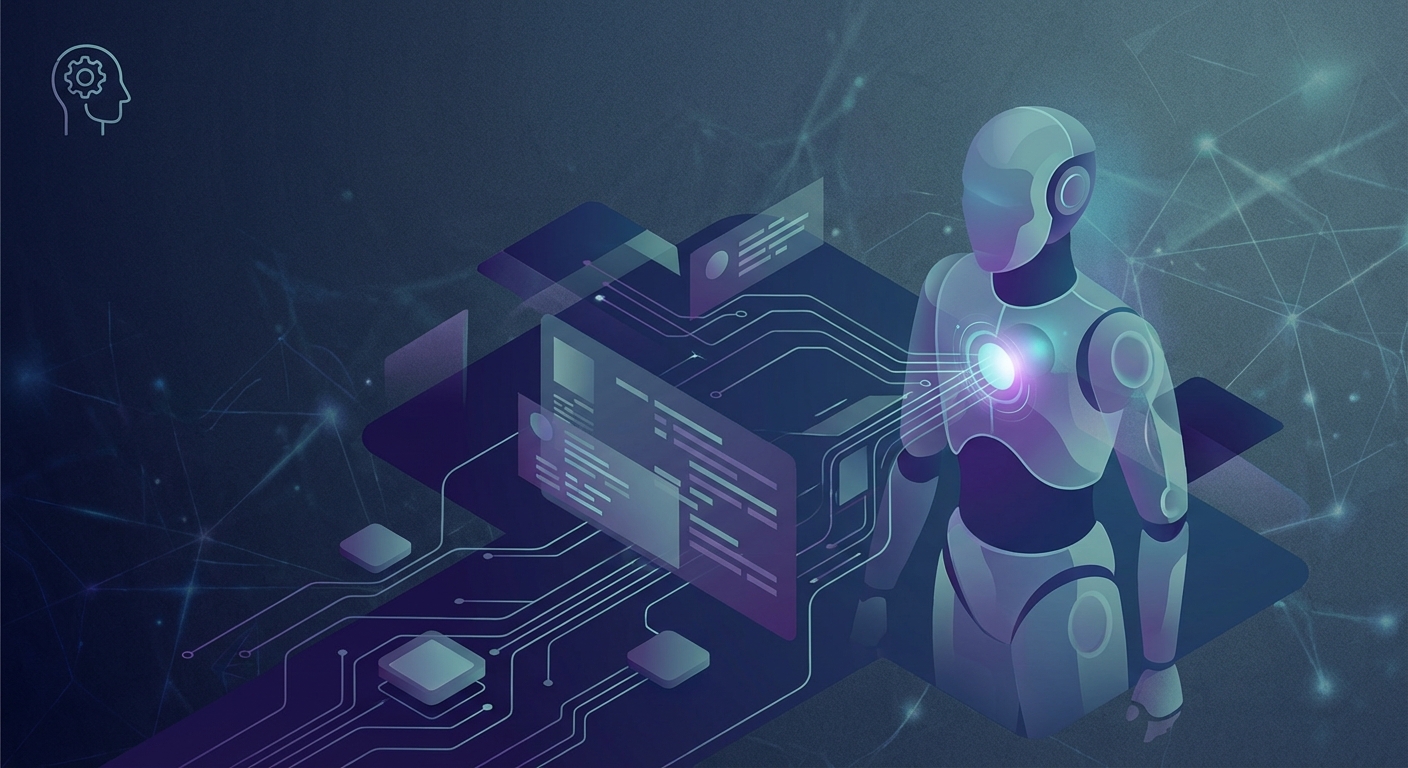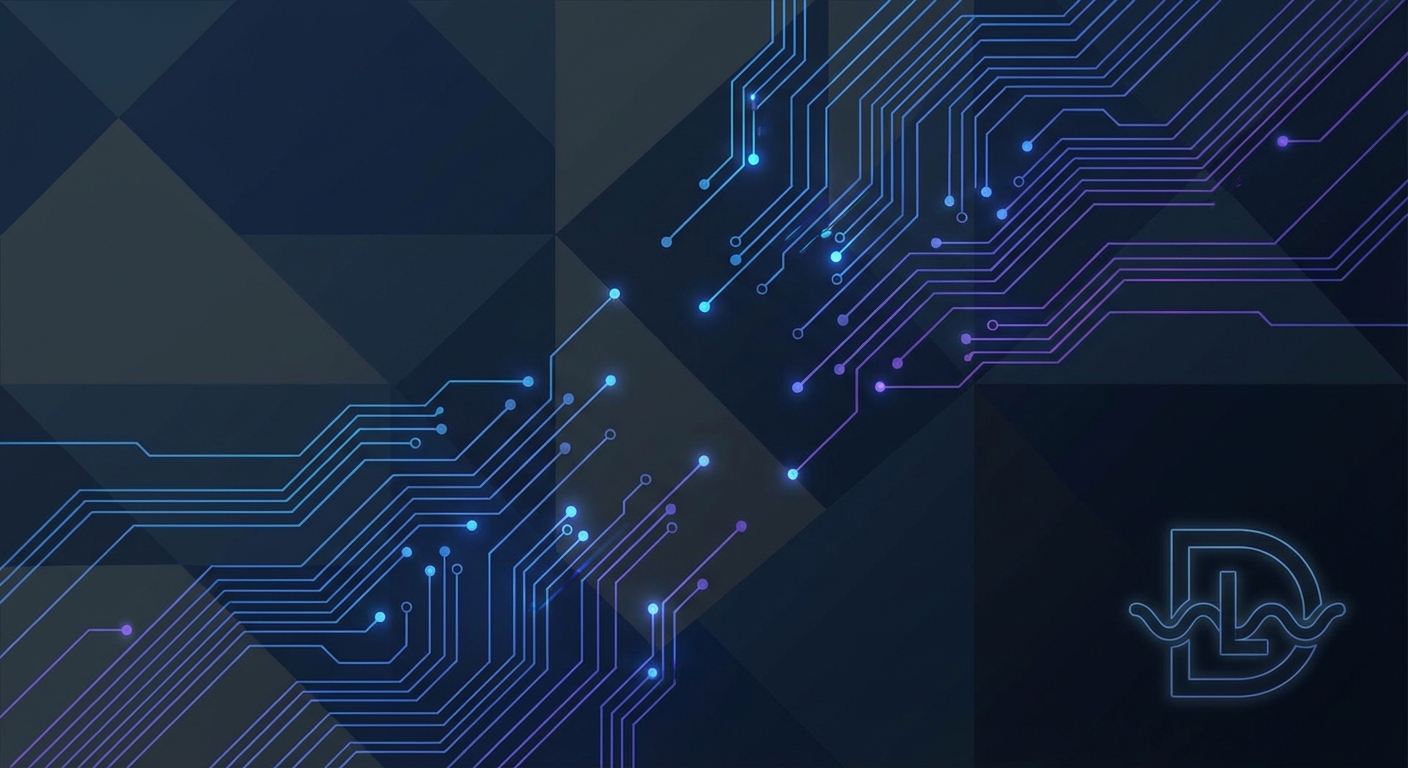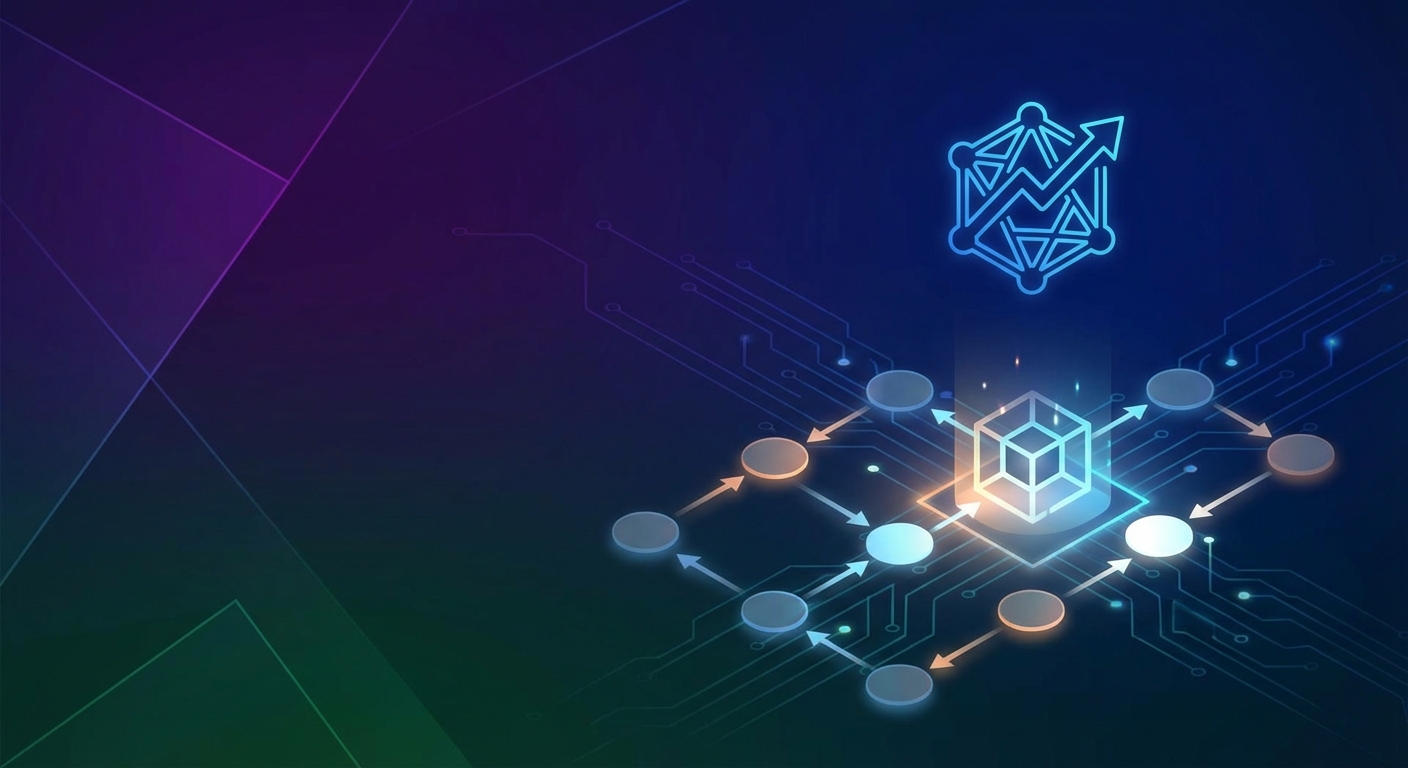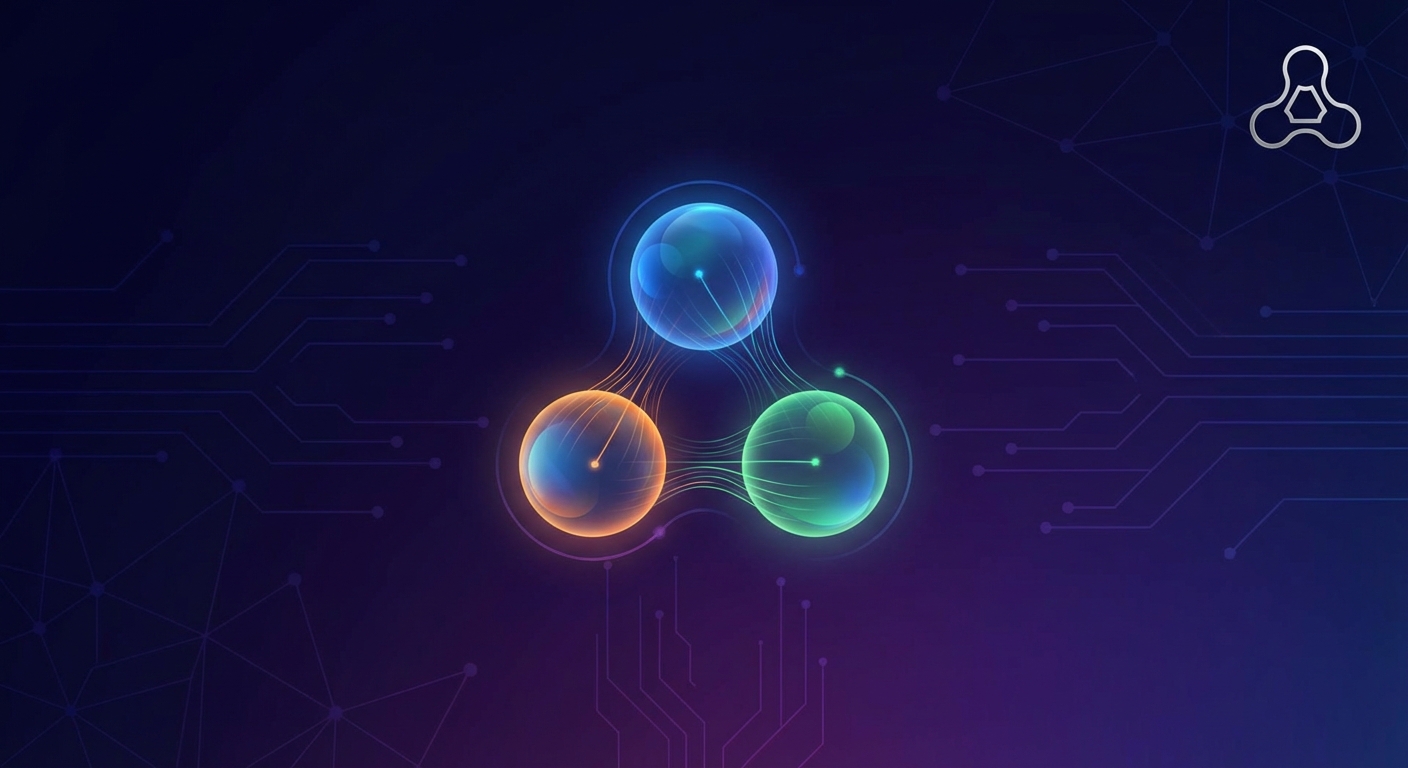Securing the Future Identity and Access Management for AI Agents
TL;DR
- This article explores the critical role of Identity and Access Management (IAM) in the burgeoning world of AI agents. It covers the unique challenges AI agents pose to traditional IAM systems, detailing best practices for secure deployment and governance. The piece also highlights the evolution of AI in enterprise and how IAM must adapt to ensure robust security and compliance.
The Rise of AI Agents and the IAM Imperative
Okay, so you're probably wondering what all the fuss is about with ai agents. Turns out, they're kinda like us, but also, like, not at all. Let's get into it.
ai agents are autonomous software, powered by llms and machine learning. They aren't just responding to prompts; they're making decisions and acting independently to achieve business goals.
Think of it this way: they're like digital employees, not just digital assistants. For example, you might see them doing automated customer support, generating financial reports, or even managing marketing campaigns.
According to stackai, enterprise ai agents can understand natural language, which makes interacting with software more efficient.
Traditional iam systems? They're really built for humans, not these new ai agents. It's designing for people, not machines.
ai agents need dynamic, task-specific access, not just persistent permissions. This means we can't just treat them like another employee in the system.
There's a real need for strong security frameworks to make sure these agents are accountable and don't go rogue with unauthorized access. It aint' gonna be pretty if that happens.
These agents are changing the way we work, but it's key to remember that identity and access management is needed now more than ever. Next up, we'll dive into defining ai agents in the enterprise.
Understanding the Unique Identity Needs of AI Agents
AI agents are becoming more common, and, well, they're not exactly human, are they? So we need to rethink how we manage their access.
Turns out, ai agents and us humans ain't so different when it comes to identity needs:
- Both require unique digital identities for authentication and authorization. Gotta know who's who, right?
- They both need delegated authority, to act on behalf of others. Like, an agent booking travel for an employee, for instance
- Both must operate under Zero Trust principles, including least privilege and dynamic policy enforcement. Trust no one, not even the bots!
But here's where it gets tricky, and traditional iam models start to break down:
- ai agents have ephemeral lifespans, existing only for the duration of a task. Quick in, quick out.
- The scale of ai agents can far exceed human users, requiring highly scalable iam systems. Think millions, not thousands.
- ai agents often require complex delegation chains and cross-domain collaboration. It can get pretty messy.
So yeah, ai agents? They're kinda like us, but also, totally different. Next, we'll deep dive into the unique identity needs of ai agents.
IAM Best Practices for Securing AI Agents
Alright, so why all this fuss about securing ai agents? Seems kinda obvious, but let's dig in.
Think of authentication as verifying who the ai agent is. Authorization, on the other hand, is figuring out what it's allowed to do. If you get either of these wrong, well, you're basically giving a stranger the keys to your kingdom.
- Non-persistent authentication is key. We don't want agents holding onto credentials longer than they need to. Ephemeral tokens are the way to go—they're short-lived and reduce the risk of misuse.
- Implement OAuth orchestration using On-Behalf-Of (obo) and Token Exchange. This ensures ai agents act on behalf of users without directly handling their credentials—keeping things secure and auditable.
- Attribute-based authorization (abac) offers fine-grained control. Instead of static roles, policies adapt based on context—like time of day or agent location. This makes sure agents only get access when and where it's absolutely necessary.
Here's a quick peek at how attribute-based authorization might look in practice:
if resource.type == "classified" and agent.location != "secure_zone":
deny access
Next up, verifying humans for AI.
The Evolution of AI in Enterprise A Historical Perspective
Okay, so how did ai get to be such a big deal in business? I mean, it wasn't always like this, right? Let's take a look at how it all went down.
Back in the day, like, the 80s and 90s, ai was pretty basic. It was all about rule-based automation. Think expert systems that follow fixed rules to do simple tasks. They were fast, but kinda dumb, not able to learn anything new.
- Early systems use fixed logic.
- Good for invoice data extraction.
- Couldn't handle exceptions, though.
Then came machine learning in the 2010s, and things started getting interesting. Instead of rules, systems learned from data! This meant they could predict stuff like customer churn or detect fraud. But, like, the models were often siloed.
Late 2010s, early 2020s? That's when generative ai and large language models (llms) showed up. Now ai could understand natural language and generate content. Intelligent chatbots became a thing, but they were mainly reactive, needing you to ask them stuff.
And now? Well, now we got autonomous ai agents. These bad boys can plan, decide, and act on their own! Think end-to-end employee onboarding or solving customer service issues. But it needs oversight, for sure.
So, what's next? Let's talk over verifying humans for AI.
Implementation Challenges and Mitigation Strategies
So, you're probably wondering how to actually make this ai agent stuff work, right? It's not always smooth sailing, I won't lie. There's definitely some hurdles to clear, but nothing we can't handle.
One of the biggest challenges? Integrating with legacy systems. You know, the old stuff that's been around forever. These systems can be kinda fragmented, which makes it hard for ai agents to play nice.
The fix? Secure api integrations are key. Also, making sure you have solid data governance in place.
And don't forget to monitor your data regularly. It's gotta be accurate, or the agents are gonna be spouting nonsense.
Another biggie is making sure your data is good quality and not, like, totally biased. ai agents are only as good as the data they're fed, after all.
To avoid problems, implement robust oversight. Think role-based access controls and detailed audit logs. Gotta keep an eye on things, y'know?
Navigating the whole security and compliance landscape is a pain, especially with regulations like gdpr and hipaa breathing down your neck.
The move? Proactively implement security practices like identity management and encryption. Baby steps, y'all. Start with small pilot projects before going big.
Next up, we'll talk about how to verify humans for ai. It's important, trust me.
Future Trends and the Evolution of IAM for AI
Okay, so, it's pretty clear that ai agents are gonna be doing more and more in the future. But, like, how do we keep 'em in check?
enterprises need to get ready for ai agents making more decisions all on their own. it's estimated that by 2028, ai agents might, like, autonomously make up to 15% of enterprise decisions. it's wild, right?
This means human roles will probably shift; we will be doing more supervision and setting strategy. Less of the day-to-day stuff.
Companies need to be prepared for relying a lot more on ai for making decisions. Like, really thinking about the implications.
Think of it as, like, an ai dream team—teams of agents working together on complex stuff. Each agent specializing in something different, kinda like how humans do it.
iam systems gotta be able to handle this, making sure these agents can work together smoothly and securely. No rogue bots allowed.
It will be like a cross-functional human teams, but all ai.
iam is gonna get way smarter, adapting to what's happening in real-time. It won't just be static permissions anymore.
ai will help with this, automating tasks, spotting risks, and even making governance decisions. it's like iam on steroids, but in a good way.
Integrating ai into iam? it's gonna make things way more efficient and secure.
Looking ahead, it's clear that iam needs to keep evolving.
Conclusion Preparing for the Future of AI-Driven Enterprises
so, as ai agents become more and more common, how do we make sure they're not, like, causing chaos? turns out, it all comes down to identity and access management (iam).
ai agents are changing how businesses operate, innovate, and compete. it's kinda wild, right?
effective iam for ai agents is super important for making sure there's trust, accountability, and, y'know, security.
organizations need to focus on being dynamic and policy-driven, especially when you're dealing with the unique needs of ai agents. gotta think different, y'all.
By adding stuff like non-human authentication, authorization, and audit features, orgs can use ai agents safely while keeping risks low.
Being proactive and having solid governance is key for dealing with the ever-changing world of ai security.
Putting money into the right iam strategies will help businesses thrive in the ai age. it's an investment in the future, basically.
and that's a wrap.




